How Your Second Stimulus Check Will Differ from the First One
The COVID-Related Tax Relief Act authorizes a second round of stimulus checks. While your second stimulus check will be similar to your first payment, there are some important differences.

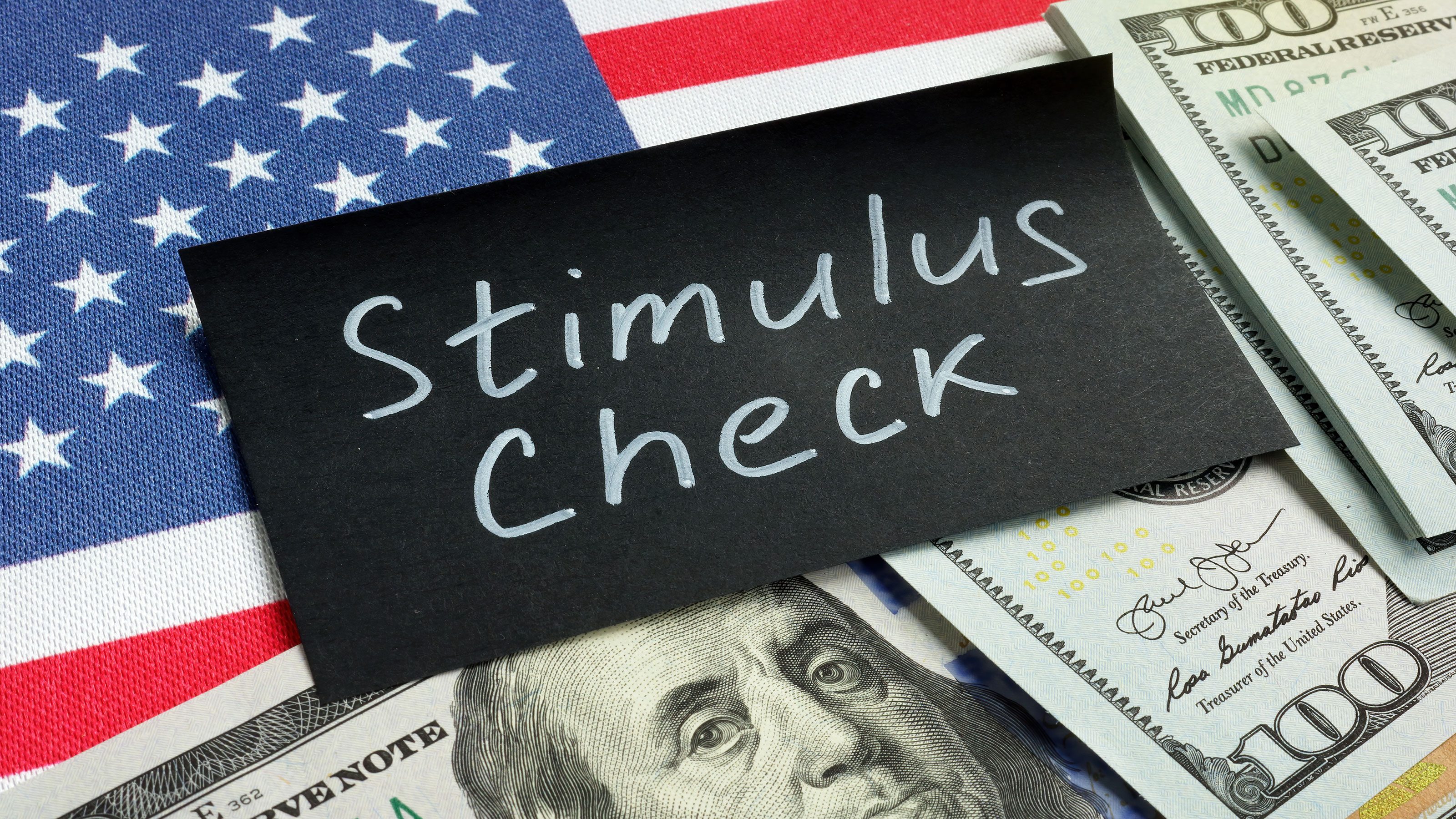
Profit and prosper with the best of Kiplinger's advice on investing, taxes, retirement, personal finance and much more. Delivered daily. Enter your email in the box and click Sign Me Up.
You are now subscribed
Your newsletter sign-up was successful
Want to add more newsletters?

Delivered daily
Kiplinger Today
Profit and prosper with the best of Kiplinger's advice on investing, taxes, retirement, personal finance and much more delivered daily. Smart money moves start here.

Sent five days a week
Kiplinger A Step Ahead
Get practical help to make better financial decisions in your everyday life, from spending to savings on top deals.

Delivered daily
Kiplinger Closing Bell
Get today's biggest financial and investing headlines delivered to your inbox every day the U.S. stock market is open.

Sent twice a week
Kiplinger Adviser Intel
Financial pros across the country share best practices and fresh tactics to preserve and grow your wealth.

Delivered weekly
Kiplinger Tax Tips
Trim your federal and state tax bills with practical tax-planning and tax-cutting strategies.

Sent twice a week
Kiplinger Retirement Tips
Your twice-a-week guide to planning and enjoying a financially secure and richly rewarding retirement

Sent bimonthly.
Kiplinger Adviser Angle
Insights for advisers, wealth managers and other financial professionals.

Sent twice a week
Kiplinger Investing Weekly
Your twice-a-week roundup of promising stocks, funds, companies and industries you should consider, ones you should avoid, and why.

Sent weekly for six weeks
Kiplinger Invest for Retirement
Your step-by-step six-part series on how to invest for retirement, from devising a successful strategy to exactly which investments to choose.
A second stimulus check will be a blessing for people who are struggling financially because of the coronavirus pandemic. Thankfully, Congress finally passed, and the president finally signed, another economic stimulus bill (the COVID-Related Tax Relief Act of 2020), which authorizes a second round of direct payments to many Americans.
However, while your second stimulus check will look a lot like the earlier stimulus payment you received under the CARES Act, there are several important differences. The amount, for one, won't be the same. Eligibility for a second stimulus check is different, too. So that you're not caught off guard, let's take a look at the second-round stimulus checks and see how they differ from the CARES Act payments. You might benefit more from your second-round stimulus check than you did from your first payment. But you won't know unless you read on!
(Stay on Top of All the New Stimulus-Check Developments – Sign Up for the Kiplinger Today E-Newsletter. It's FREE!)

Base Amount is Cut in Half
The first thing people will notice about their second stimulus check is that the base amount is half as much as the first-round payments. Under the CARES Act, each eligible person received up to $1,200. However, under the COVID-Related Tax Relief Act, the base amount only goes up to $600. (Note that there's an effort in Congress to increase the amount to $2,000. The odds of passage are slim, though.)
Many people are going to be disappointed by the lower amount—and lawmakers know it. That's why some members of Congress are already talking about another round of stimulus checks after President-Elect Joe Biden is in office. Biden himself has also stated he will seek more payments in 2021. So, it's possible that there will be a third round of stimulus checks before too long to make up the difference.

Families Get More Money
If you have children, you'll make up some of the difference from the lower base amount. For child in your family who qualifies for the child tax credit (i.e., kids 16 years old or younger), you'll get an extra $600 tacked onto your second stimulus check. Under the CARES Act, you only got an additional $500 per qualifying child. So that's an upgrade for families!
[Note that a bill in Congress would increase the amount added for each child from $600 to $2,000. It would also make the extra amount available to all dependents, regardless of age. However, we don't expect the bill to pass.]

Phase-Out Ranges are More Narrow
As with the first-round payments, the second stimulus checks will be phased-out for people with higher incomes. Payments will be gradually reduced to zero if you're single with a 2019 adjusted gross income (AGI) above $75,000. Married couples filing a joint return will start to see their second stimulus check shrink if their AGI exceeded $150,000. For people who claim the head-of-household filing status, payments will be reduced if your AGI tops $112,500. First-round payments under the CARES Act started to drop off at the same AGI thresholds.
What's different is the point at which a person's $600 second-round payment is completely phased out. For singles and married taxpayers filing a separate return, their second stimulus payment will be reduced to zero if their 2019 AGI hits $87,000. It didn't happen for them with the first-round payments until their AGI reached $99,000. For joint filers (and "surviving spouses"), their second stimulus check is erased if AGI exceeds $174,000—it went away for them at $198,000 under the CARES Act. Head-of-household filers will still get something now if their AGI stays below $124,500, but they weren't left out in the cold during the first round unless their AGI was above $136,500.
To find out if your second stimulus check will be reduced, use our Second Stimulus Check Calculator.
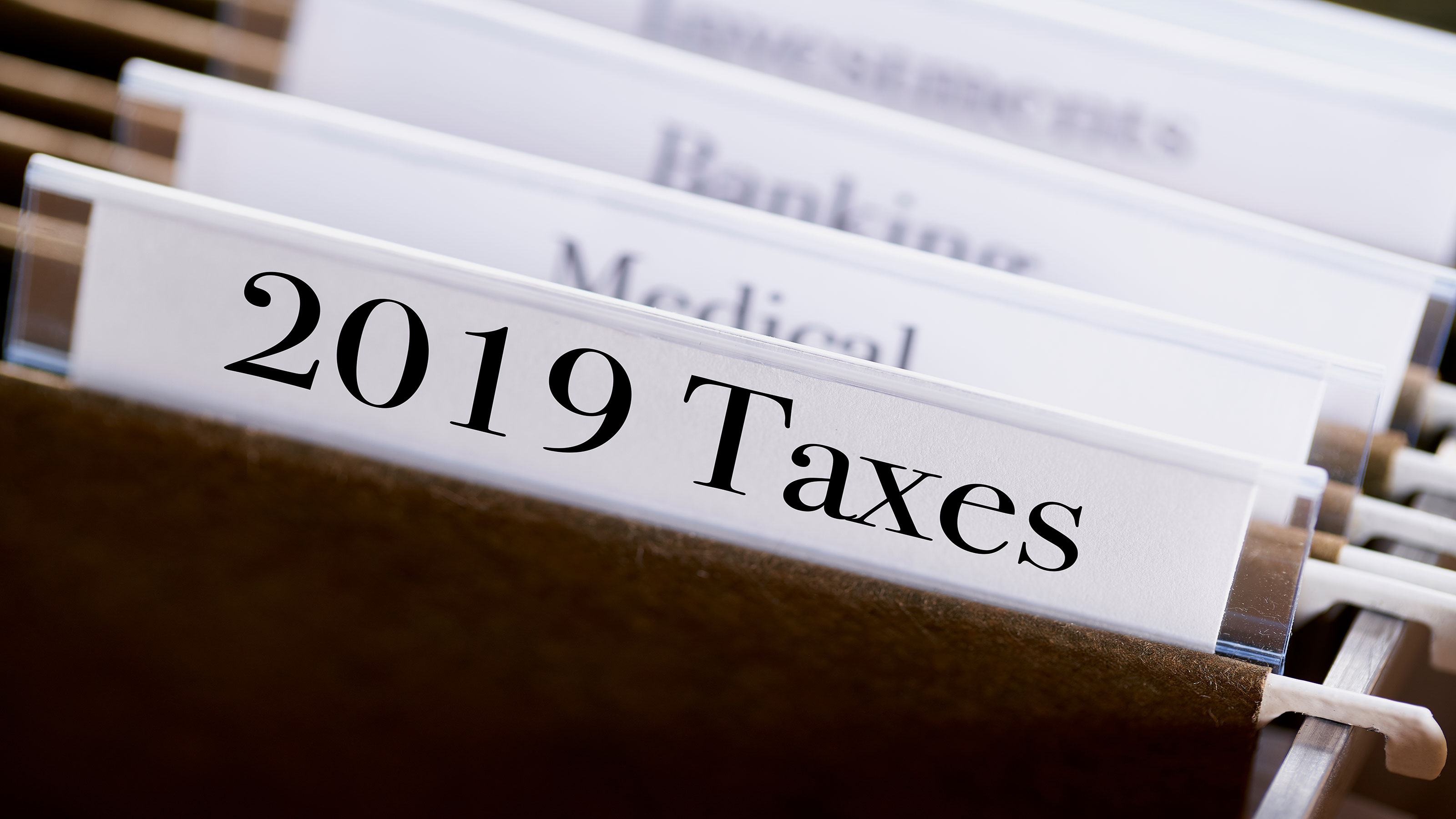
The IRS Only Cares About Your 2019 Tax Return
Under the CARES Act, the IRS first looked at your 2019 tax return to get your filing status, AGI, and information about your dependents. If you didn't file a 2019 return, they look at your 2018 return instead (if you filed for that year).
For your second stimulus check, the IRS is only going to look at your 2019 return. If you didn't file a return for that year, they're not going to bother pulling up a return for 2018 (or any other year). If they can't get the information they need from another source (see below), then they won't send you a second stimulus check.
But don't worry too much if they don't send you a check. You won't lose out on the money—you'll just have to wait until you file your 2020 tax return to get it. Stimulus checks are simply advanced payments of a new 2020 tax credit. So, if the IRS doesn't send you a second stimulus check, you can claim the credit and get an equivalent refund or reduction of the tax you owe when you file a 2020 tax return.
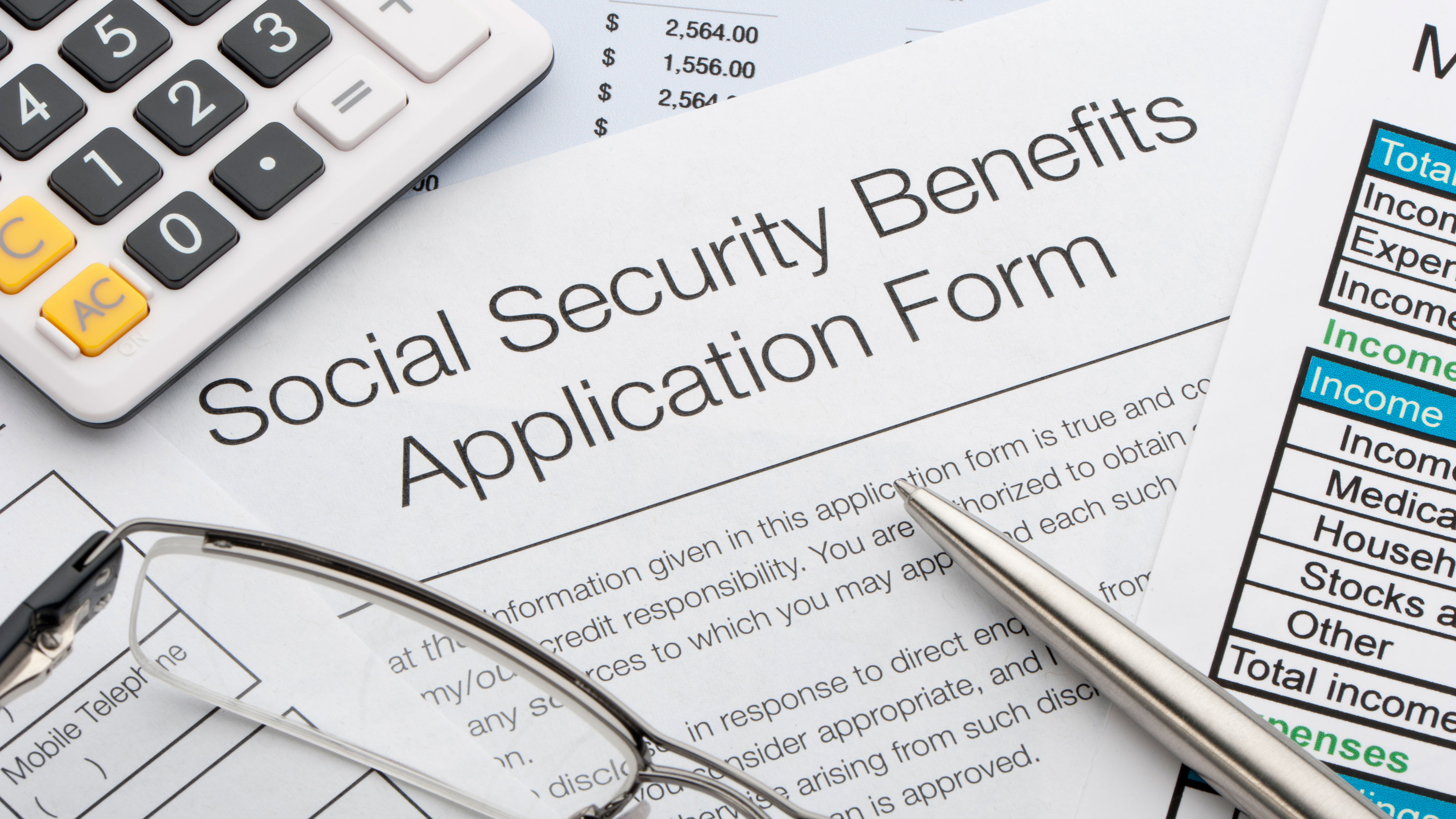
The IRS Can Get Information from More Sources
If you didn't file a 2019 tax return, but you receive Social Security, Supplemental Security Income (SSI), railroad retirement benefits, or veterans benefits, the IRS will get the information it needs to process your second stimulus check from the Social Security Administration, Railroad Retirement Board, or Department of Veterans Affairs.
While the IRS eventually followed this approach for the first-round payments, the CARES Act specifically authorized the IRS to get information only from the Social Security Administration. That's the difference here.
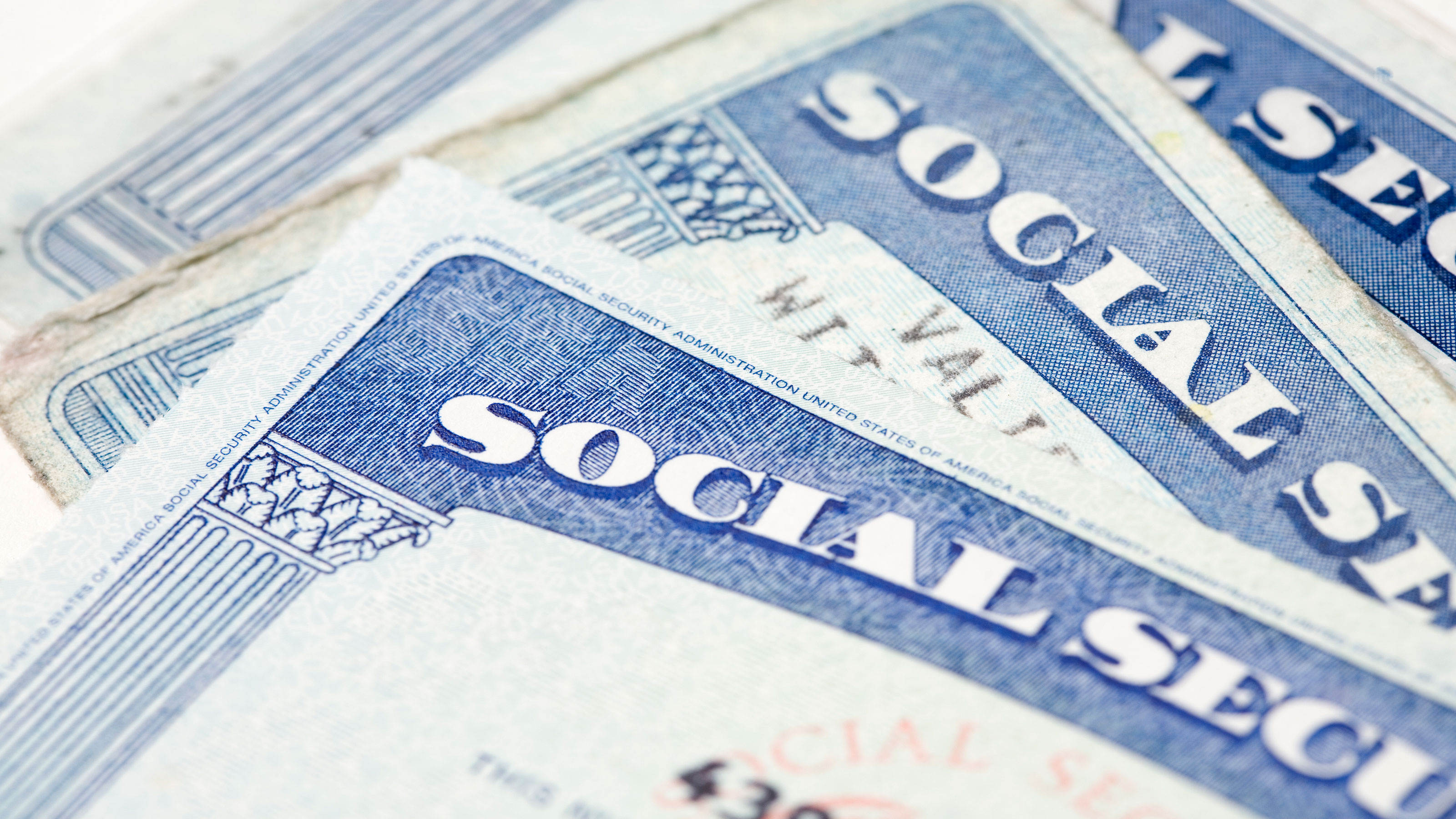
Only One Spouse Needs a Social Security Number
If you're married, both you and your spouse had to have a Social Security number to get a first-round payment under the CARES Act. However, under the COVID-Related Tax Relief Act, you can still get a second stimulus check if you have a Social Security number but your spouse doesn't. You can also get an extra $600-per-qualifying-child tacked on to your second stimulus check if you have a Social Security number but your spouse doesn't. That wasn't allowed under the CARES Act.
But the COVID-Related Tax Relief Act goes even further. It retroactively applies the new rules to the first round of stimulus payments. As a result, if one spouse has a Social Security number, he or she can claim up to $1,200, plus an additional $500 for each qualifying child, as a recovery rebate credit on their 2020 tax return if they were denied a first-round payment because both spouses didn't have a Social Security number.
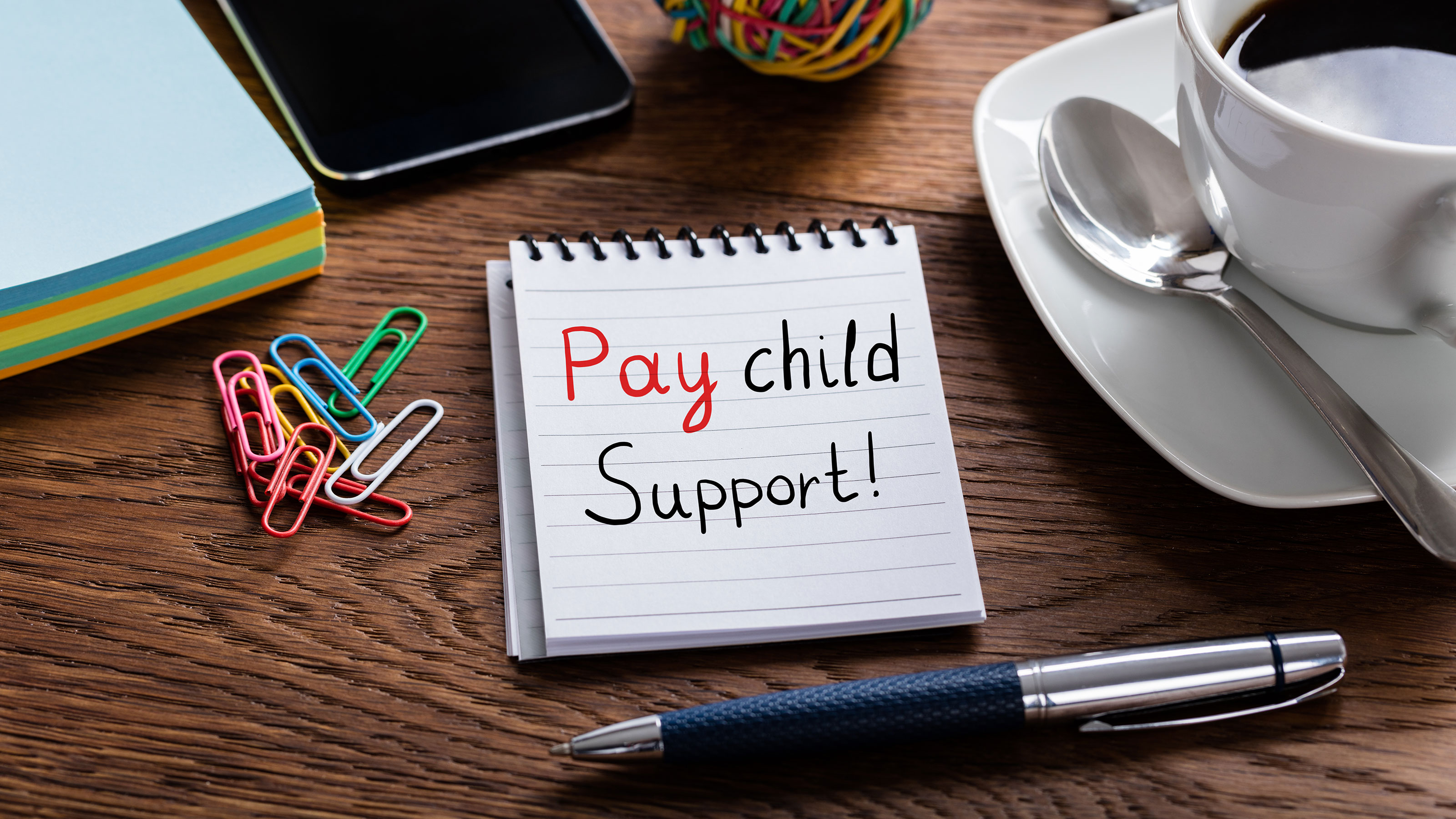
Child Support Won't be Taken Out of Second-Round Payments
If you owe child support, the IRS can use first-round stimulus check money to pay arrears. That won't be the case for second-round payments under the COVID-Related Tax Relief Act.
In addition, second-round stimulus money wouldn't be taken to pay back taxes or other debts owed to the federal or a state government. (That's also the same rule for first-round stimulus payments.)

Second-Round Payments Can't be Garnished
The COVID-Related Tax Relief Act specifically states that second-round stimulus checks are not subject to garnishment by creditors or debt collectors. They can't be lost in bankruptcy proceedings, either.
This is in contrast with the CARES Act, which doesn't provide similar protections for first-round payments.

Fewer Dead People Will Receive a Second Stimulus Check
The IRS sent over 1 million first-round stimulus checks to deceased people. That shouldn't happen as often with the second round of payments. First, the COVID-Related Tax Relief Act specifically states that anyone who died before January 1, 2020, is not eligible to receive a second stimulus check. Essentially, they're treated as if they don't have a Social Security number. The CARES Act doesn't have a similar provision.
Second, the IRS is now allowed access to the Social Security Administration's "death master file." This should cut down on the number of second-round stimulus checks sent to people who have died.

Stay on Top of Stimulus-Check Developments
Follow Kiplinger for the latest news and insights on federal stimulus payments (and other important personal-finance matters). Stay with us on:
- email. Sign up free for our daily Kiplinger Today e-newsletter.
- social media. Follow us on Instagram, Twitter and Facebook.
- podcasts. Subscribe free to our weekly Your Money's Worth podcast. Apple | Google Podcasts | Spotify | Overcast
See some of our other coverage of the second stimulus check:
- Is Your Second Stimulus Check Taxable?
- Second Stimulus Check Update: House Passes Bill for $2,000 Payments
- When Will Your Second Stimulus Check Arrive? It May Already Be On Its Way
- Who's Not Getting a Second Stimulus Check (Not Everyone is Eligible!)
- Your Second Stimulus Check: How Much? When? And Other FAQs
- Will College Students Get a Second Stimulus Check? (Hint: It Depends!)
Profit and prosper with the best of Kiplinger's advice on investing, taxes, retirement, personal finance and much more. Delivered daily. Enter your email in the box and click Sign Me Up.
Rocky Mengle was a Senior Tax Editor for Kiplinger from October 2018 to January 2023 with more than 20 years of experience covering federal and state tax developments. Before coming to Kiplinger, Rocky worked for Wolters Kluwer Tax & Accounting, and Kleinrock Publishing, where he provided breaking news and guidance for CPAs, tax attorneys, and other tax professionals. He has also been quoted as an expert by USA Today, Forbes, U.S. News & World Report, Reuters, Accounting Today, and other media outlets. Rocky holds a law degree from the University of Connecticut and a B.A. in History from Salisbury University.
-
 The New Reality for Entertainment
The New Reality for EntertainmentThe Kiplinger Letter The entertainment industry is shifting as movie and TV companies face fierce competition, fight for attention and cope with artificial intelligence.
-
 Stocks Sink With Alphabet, Bitcoin: Stock Market Today
Stocks Sink With Alphabet, Bitcoin: Stock Market TodayA dismal round of jobs data did little to lift sentiment on Thursday.
-
 Betting on Super Bowl 2026? New IRS Tax Changes Could Cost You
Betting on Super Bowl 2026? New IRS Tax Changes Could Cost YouTaxable Income When Super Bowl LX hype fades, some fans may be surprised to learn that sports betting tax rules have shifted.
-
 States That Tax Social Security Benefits in 2026
States That Tax Social Security Benefits in 2026Retirement Tax Not all retirees who live in states that tax Social Security benefits have to pay state income taxes. Will your benefits be taxed?
-
 Ten States with the Lowest Sales Tax in 2025
Ten States with the Lowest Sales Tax in 2025Sales Tax Living in one of the lowest sales tax states doesn't always mean you'll pay less.
-
 10 Least Tax-Friendly States for Middle-Class Families
10 Least Tax-Friendly States for Middle-Class FamiliesState Tax Here’s what living in one of the least tax-friendly states for middle-class families costs residents.
-
 Low-Tax States for 'Middle-Class' Families in 2026
Low-Tax States for 'Middle-Class' Families in 2026State Tax Here are the best states for families with middle incomes (due to low tax burdens).
-
 15 States That Tax Military Retirement Pay (and Other States That Don't)
15 States That Tax Military Retirement Pay (and Other States That Don't)retirement Taxes on military retirement pay vary from state-to-state. How generous is your state when it comes to helping retired veterans at tax time?
-
 5 Tax Deadlines for October 17
5 Tax Deadlines for October 17tax deadline Many taxpayers know that October 17 is the due date for filing an extended tax return, but there are other tax deadlines on this date.
-
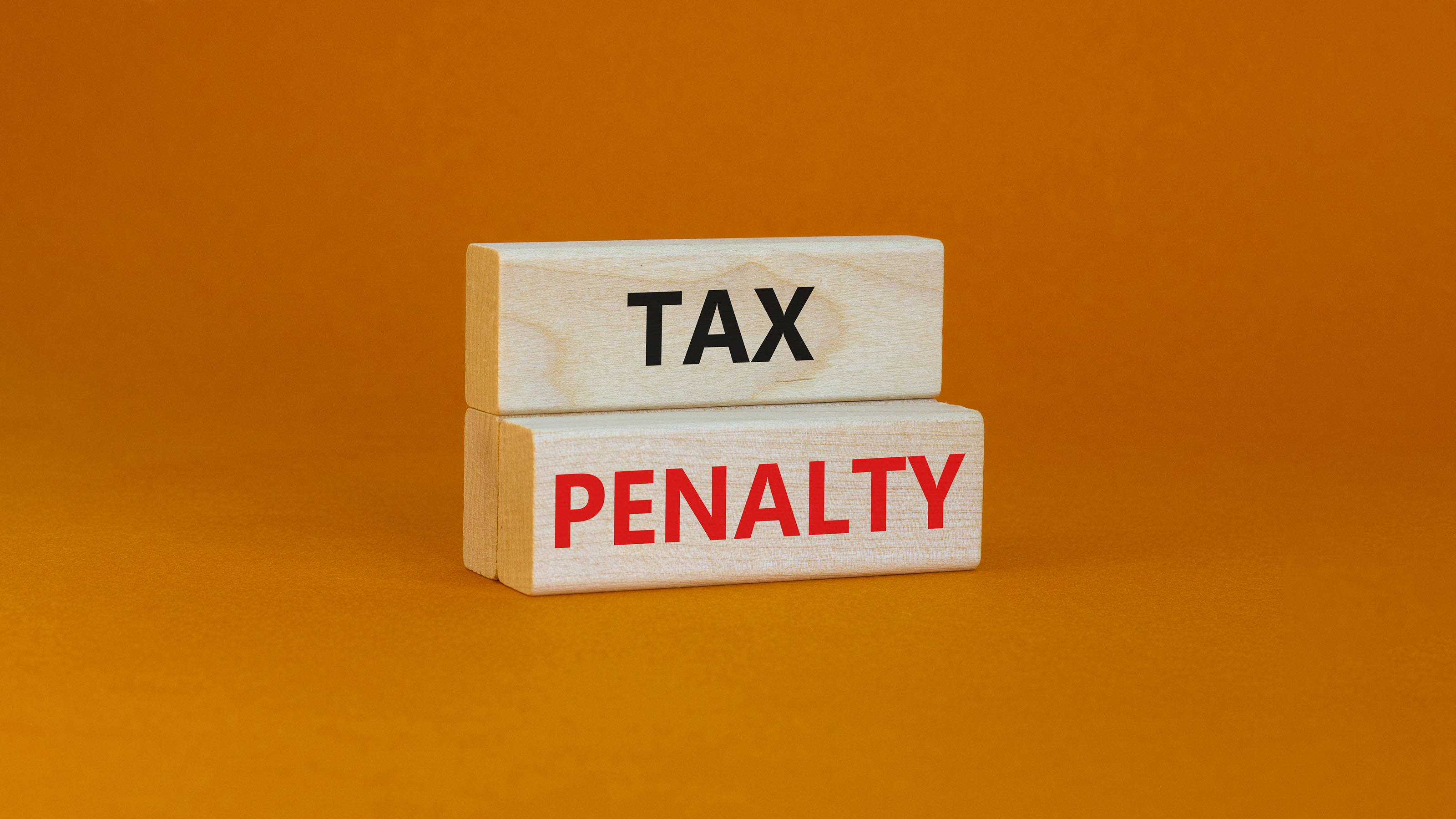 Penalties for Filing Your Tax Return Late
Penalties for Filing Your Tax Return Latetax deadline Stiff penalties await those who didn't file their return (or pay any tax owed) by the tax filing deadline.
-
 9 Tax Deadlines for April 18
9 Tax Deadlines for April 18tax deadline Between requesting a tax extension, making IRA or HSA contributions, and meeting other tax deadlines, there's more to do on Tax Day than just filing your federal income tax return.

